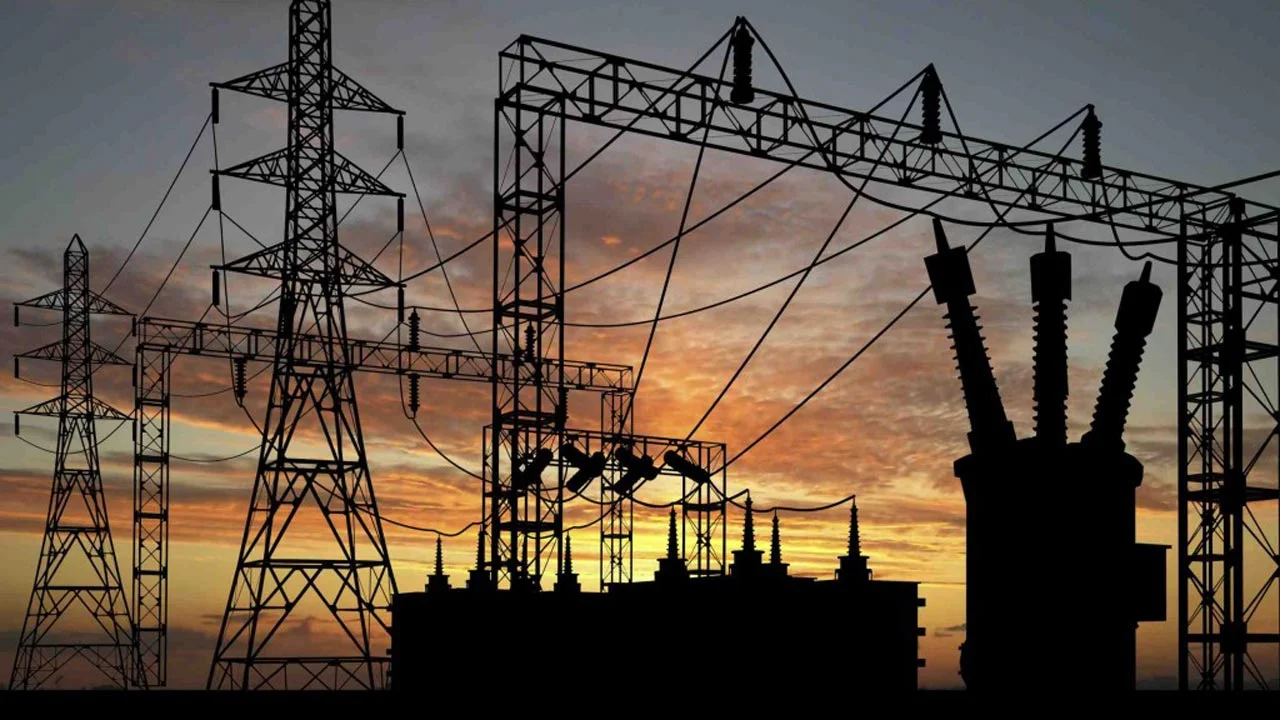
Blackouts in parts of Nigeria due to a gas supply shortage to generation plants have sparked fresh concerns about the perennial challenges facing the nation’s power sector.
OsunDailyNG reported last weekend that the Nigerian Federal Government and Transmission Company of Nigeria blamed the drop in electricity supply to Nigeria in recent weeks on gas constraints.
Months back, the government also blamed gas shortage for reduced electricity supply by Niger Delta Power Holding Company (NDPHC) to electricity distribution companies.
Nigeria’s electricity supply relies on 26 nationwide hydro and gas-fired power plants.
Nigeria’s available electricity generation capacity has hovered between 3,000MW and 5,000MW since the sector was privatized in 2013 for a population of over 200 million.
Ten years after the sector’s privatization, it has refused to improve despite spending N3.348 trillion on electricity subsidies, according to the latest data by the Nigerian Electricity Regulatory Commission.
This is as the country plans to spend another N1.6 trillion on electricity subsidies in 2024.
Despite the heavy spending on the sector, Nigeria’s power industry is bedevilled by a lack of investment, electricity policy enforcement, regulatory uncertainty, gas supply, transmission system constraints, and significant power sector planning shortfalls in recent years.
NERC’s third quarter 2023 report said gas constraints remain a significant challenge to the country’s national grid.
This development remains prevalent despite the country’s 208.83 trillion cubic feet of gas reserves, representing 33 per cent of Africa’s total gas reserves of 620TCF, according to the Chief Executive Officer, NUPRC, Gbenga Komolafe.
Like other sectors in Nigeria, the power industry has diverse bottlenecks impeding its growth.
Speaking exclusively to OsunDailyNG on Monday, Bolaji Tunji, special adviser, strategic communication and media relations to the Minister of Power, Adebayo Adelabu, said the federal government has moved to resolve the gas constraint challenge for GenCos.
According to him, the government has started engaging stakeholders to address the challenges, including paying debts owed to GenCos.
“The Minister is doing everything to resolve the challenge, including payment of debts owed to Generation Companies and other stakeholders within the value chain.
“I can assure you that the Minister is tackling the gas shortage challenge to generation plants”, he told OsunDailyNG.
Meanwhile, when OsunDailyNG contacted Joy Ogaji, the Managing Director and Executive Secretary of the Association of Power Generation Companies, APGC, she said she was unaware of an engagement by the federal government with GenCos to resolve the gas shortage issue.
Ogaji, however, noted that the government may have initiated steps to resolve the gas shortage issue affecting the Nigerian Electricity Supply Industry, NESI.
She noted that a solid contractual regime between the government and GenCos, with bankable guarantees and full payment from off-takers, is a silver lining to the country’s power sector challenge.
“It is possible they are engaging the GenCos on a firm contractual regime with bankable guarantees and full payment from off-takers”, he said.
On his part, Kunle Olubiyo, President of the Nigerian Consumer Protection Network, faulted the government’s stance on why there was a recent drop in the electricity supply.
According to him, the power sector is facing a liquidity crisis.
“It is a liquidity issue; I don’t think it is because of gas shortage. I have said before that the government needs to stop electricity subsidies in the power sector if we must achieve efficiency.
“Electricity subsidies payment is made to GenCos and Electricity Distribution Companies for services they don’t offer to Nigerians”, he told OsunDailyNG.


